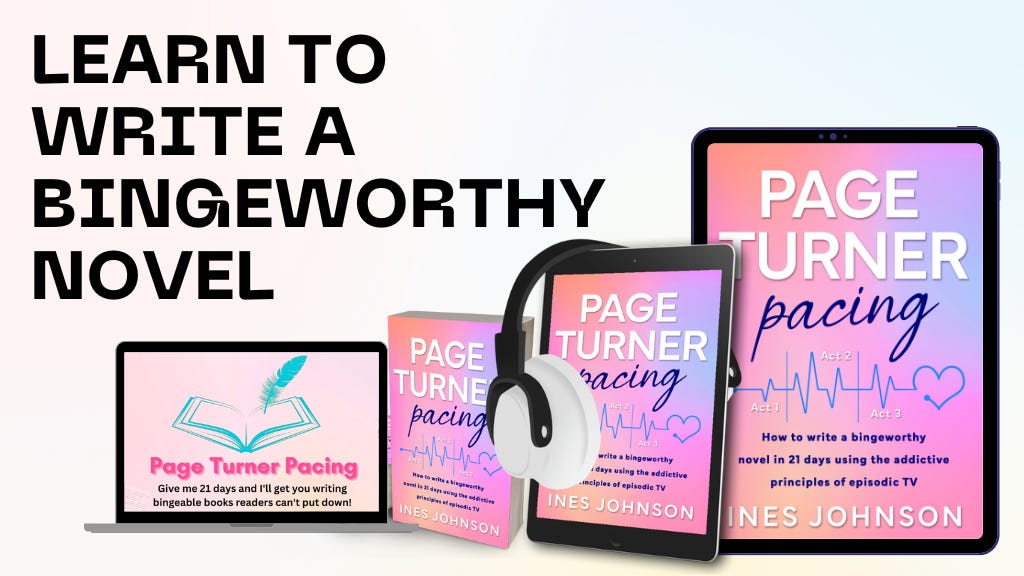The Art of Feedback: When and How to Seek Insights on Your Manuscript
Whether you're just starting out or are a seasoned author, understanding when and from whom to seek feedback can make a significant difference in the quality and impact of your final piece.
I've been at this novel writing gig for ten years this month -yup, it's my 10 year publishaversary! I was a television screenwriter years before. So I know a thing or two about critics. I started using Beta Readers, but later switched to Alpha Readers. Looking back, I wish I'd reversed this process. Let me explain.
The Alpha Reader
Alpha readers are your first line of defense against structural and craft issues. Typically, they are fellow writers, often within the same genre, who review your manuscript in its early stages. Their primary role is to look at the big picture—plot structure, character development, pacing, and major thematic elements. Think of an alpha reader as a developmental editor who brings an objective, critical eye to foundational elements of your story.
Ideally, you should seek alpha reader feedback after your first draft is complete but before you’ve made extensive revisions. This timing allows you to incorporate essential changes early in the revision process without having to undo work that might not align with the story’s needs. Personally, once I'm deep in second draft, I don't want to listen to feed back anymore because I'm trying to fix what I got.
If you don’t have a fellow author to serve as an alpha reader, it’s worthwhile to consider hiring a developmental editor. Though this involves a financial investment, professional editors bring a depth of knowledge and an unbiased perspective that can dramatically enhance your manuscript's quality.
The Beta Reader
Once you've revised your manuscript based on alpha feedback, it’s time to bring in beta readers. These are typically fans or target audience members who read your nearly finished manuscript. See how I think I may have went wrong here in the beginning? Fans are all about the emotions, not the structure. The goal here is to understand how your story resonates with readers. Beta readers can provide insights into how engaging and satisfying your story is from a reader’s perspective.
To maximize the effectiveness of beta reader feedback, consider providing a questionnaire or a guide. This can help focus their feedback and ensure you receive actionable insights. Questions might include:
- How did you feel about the journey of the main character?
- Were there any parts of the book where your interest waned?
- Were the plot twists surprising and satisfying?
- Did the climax fulfill your expectations?
- Are there any unresolved questions you felt were not addressed?
Receiving feedback can be daunting, but remember, every piece of feedback is valuable—even if you choose not to incorporate it. It provides insight into how different types of readers perceive your story. Be open to criticism, look for patterns in feedback that might indicate a real issue, and always make decisions that align best with your vision for the book.
Gathering feedback is a strategic part of the writing process that, when done correctly, can significantly elevate the quality of your work and prepare it for publication. Whether through alpha readers, developmental editors, or beta readers, the insights you gain will guide you in refining your narrative and ensuring your story hits the right marks with your audience.
When my Kickstarter launches in January 2025, I'm going to do something I've never done before. I'm going to open up a handful of spots to do One on Ones. Yup, that means I am going to be alpha to a small pack of authors who want some guidance. Make sure you're following me on Kickstarter if you're interested in something like this. It will ONLY be offered there.
Happy writing,
Ines




